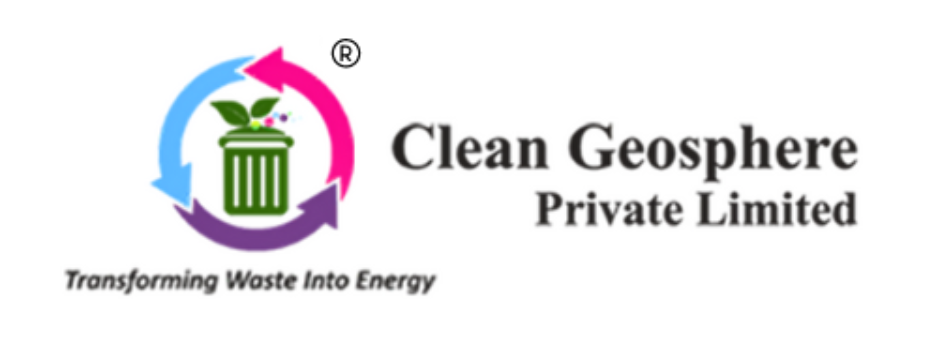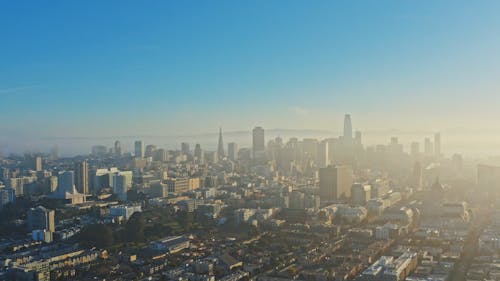Why Is the Issue of Sustainability Important for Development?
🏙️ Let’s Start With Something Simple
Look around any growing city, and you’ll see two stories unfolding at once.
There’s the one we proudly share — new buildings rising, better jobs, faster transport, flashier malls.
And then there’s the one we don’t always like to talk about — the mounting piles of garbage, the shrinking green patches, the clogged rivers, and the air that somehow feels a little heavier every year.
Somewhere between these two stories sits the real question:
Can we build our future without breaking it?
🌱 What Do We Even Mean By “Sustainability”?
At its core, sustainability is pretty simple.
It means growing, improving, and building — but in a way that doesn’t leave tomorrow worse than today.
It’s about asking:
- Can we keep doing this forever?
- Are we stealing comfort from the future to make today easier?
- Will our children have enough — of everything?
Sustainability isn’t about stopping growth.
It’s about making sure our growth doesn’t eat up everything along the way.
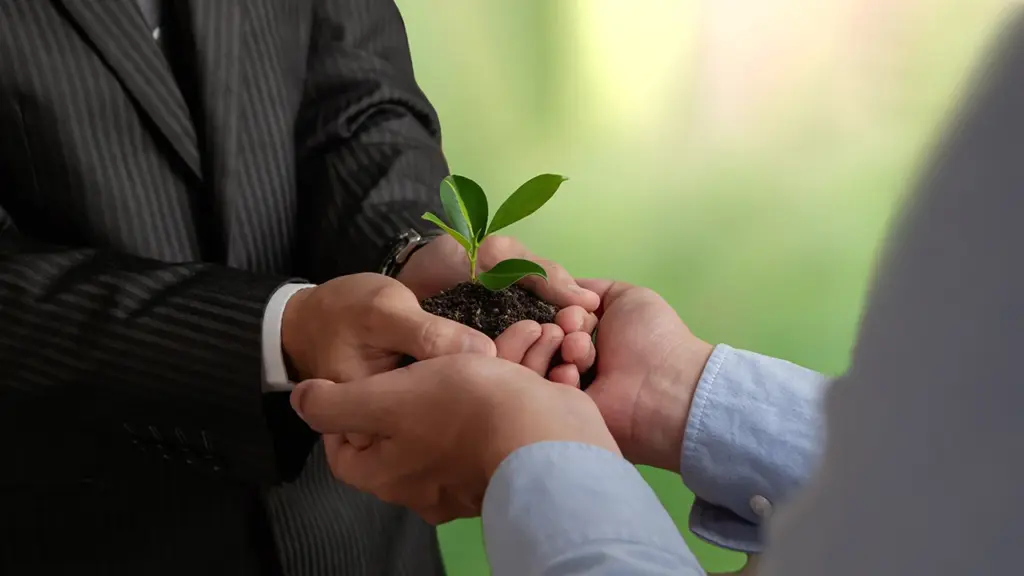
🚧 Why Development Without Sustainability Just Doesn’t Work Anymore
Take a city like Mumbai. It’s been expanding for decades — more towers, more offices, more flyovers.
But for every new project, there’s more:
- Waste that needs to be handled
- Water that needs to be cleaned
- Power that needs to be generated
- Air that needs to stay breathable
If we don’t balance both sides, growth eventually starts tripping over itself. The city can’t carry the weight forever.
🗑️ Why Waste Management in Mumbai Is a Huge Piece of This Puzzle
Let’s make it real.
Mumbai alone generates over 10,000 metric tons of waste — every single day.
And if that waste isn’t managed properly:
- Drains get clogged, especially when monsoon hits.
- Our rivers and coastline get choked with garbage.
- Landfills overflow and release toxic gases.
- Disease spreads faster in crowded neighborhoods.
This isn’t just about trash.
It’s about health, safety, floods, real estate values — everything connects.
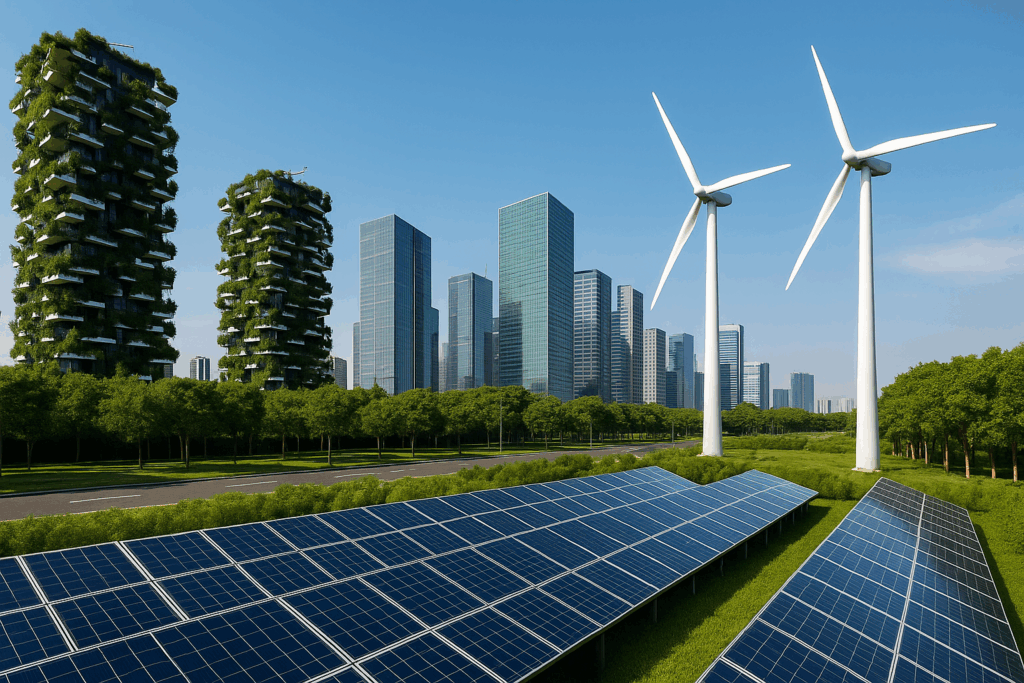
🏢 Why Businesses Can’t Ignore Sustainability Anymore
For companies setting up in places like Lower Parel, BKC, or Andheri, sustainability is no longer just good PR.
It’s become a real business concern.
Today, people want to know:
- Is this office building energy-efficient?
- Are we managing our waste responsibly?
- Is this company serious about ESG (Environmental, Social, Governance)?
In short:
If you’re not sustainable, you’re already falling behind.
💰 But Is Sustainability Really Expensive?
Actually, it’s the opposite.
When done right, sustainability saves money in the long run:
- Managing waste well lowers operational chaos.
- Cleaner water and air mean lower health costs.
- Smart buildings save energy bills.
- Green certified properties attract better buyers and tenants.
In many ways, sustainability is smart business.
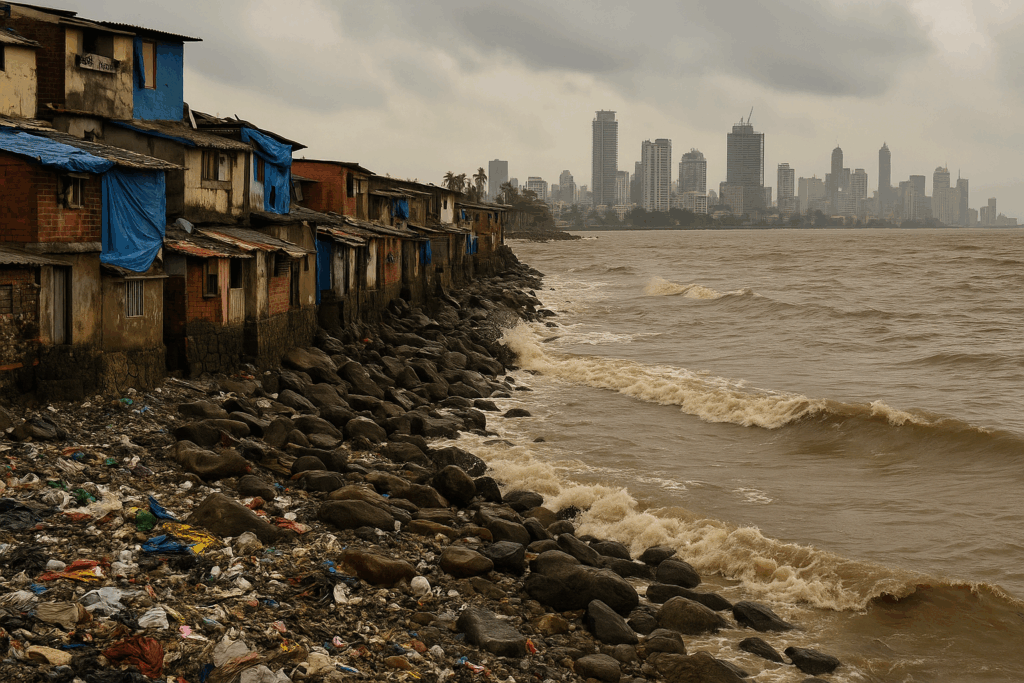
🌊 Why Mumbai Has Even More at Stake
This city sits right at the edge — literally.
- Rising sea levels threaten our coastal areas.
- Monsoon floods get worse when drains are blocked.
- Crowded neighborhoods leave very little margin for error.
That also means every small change matters a lot here:
- More housing societies are starting to compost waste.
- Offices are adopting zero-waste policies.
- Builders are being pushed towards green certifications.
- Citizens are finally asking: “Where is my garbage really going?”
🌎 At The Heart Of It All — It Comes Back To Us
When we talk about sustainability, we’re really talking about the kind of city we want to live in.
- Do we want a city drowning in garbage or one that recycles what it can?
- Do we want water shortages or smarter reuse?
- Do we want filthy air or neighborhoods where our children can play without worry?
The truth is:
Development without sustainability creates problems we’ll pay for later.
But development with sustainability?
That’s where real, meaningful growth begins.
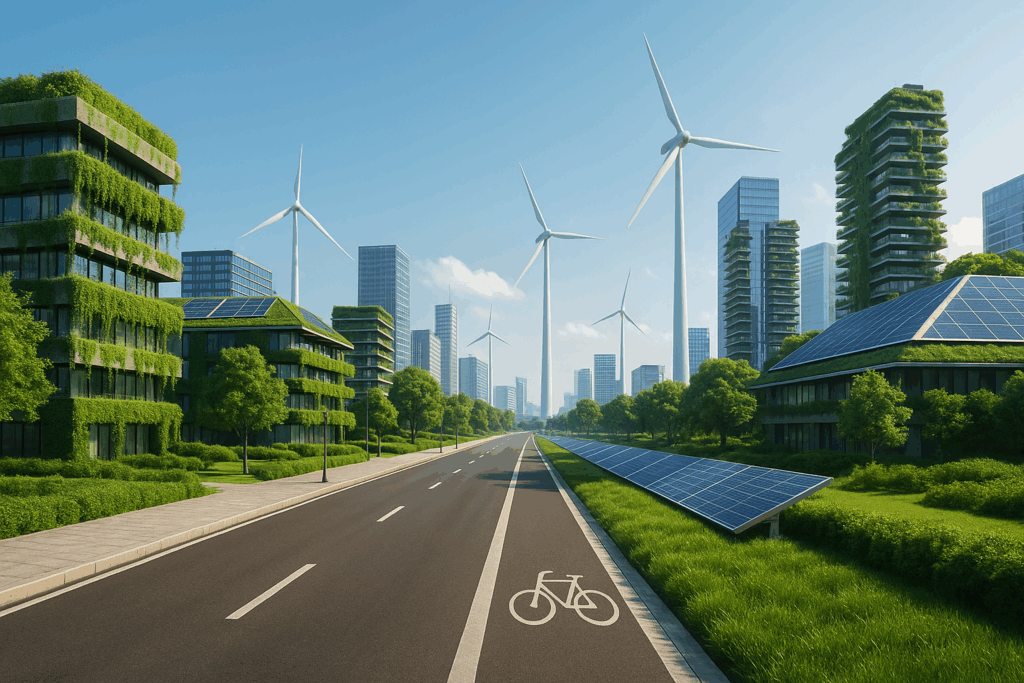
💡 The Bottom Line
Sustainability isn’t some trendy hashtag or a fancy word for corporates.
It’s about building a city — and a future — that’s still liveable 10, 20, 50 years from now.
What we do with our waste, water, and resources today will shape the kind of Mumbai we leave for the next generation.
And honestly — that’s not just someone else’s job anymore.
